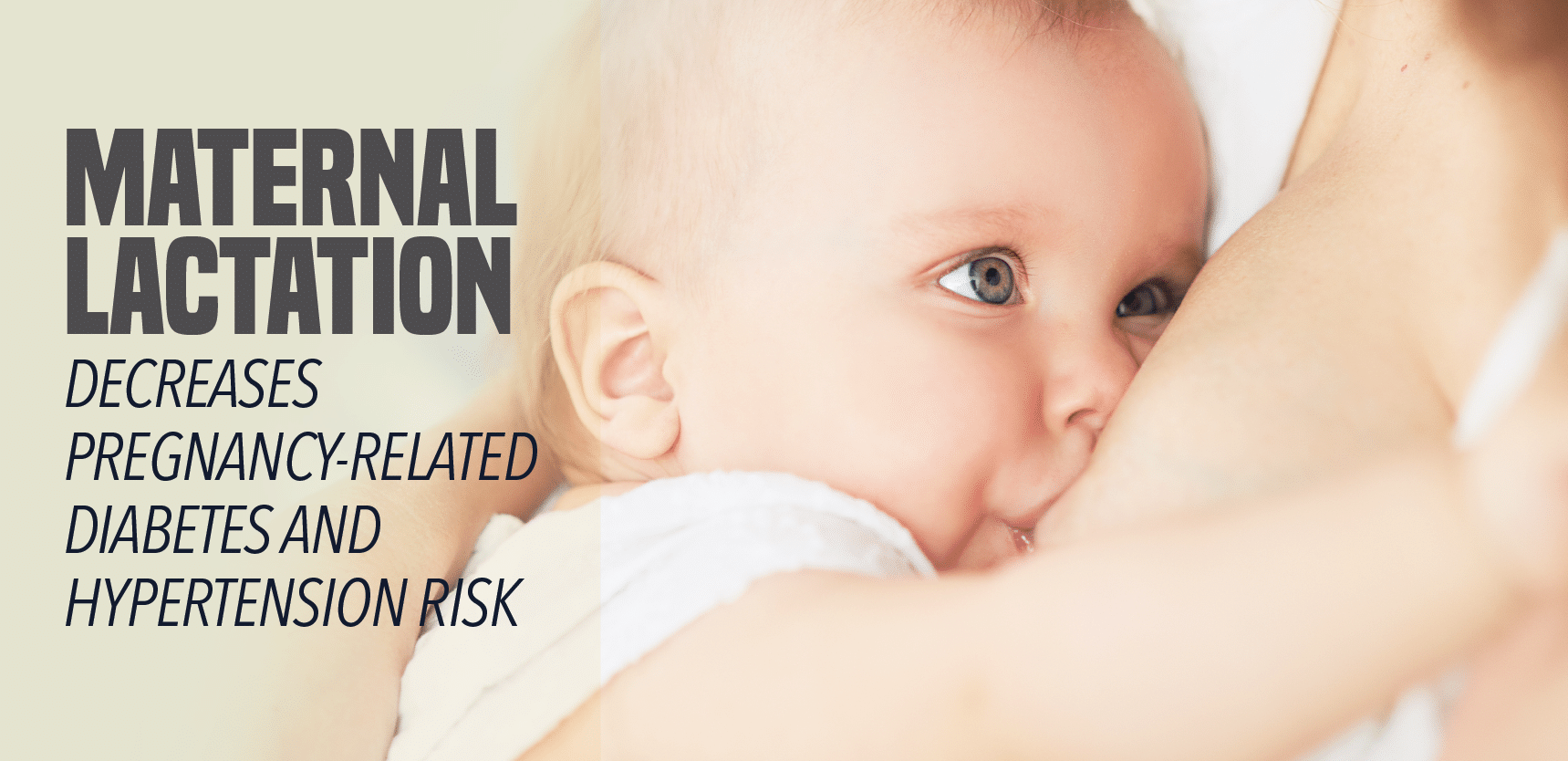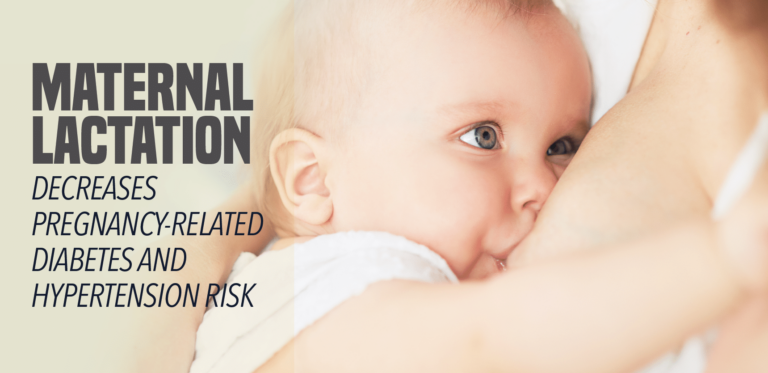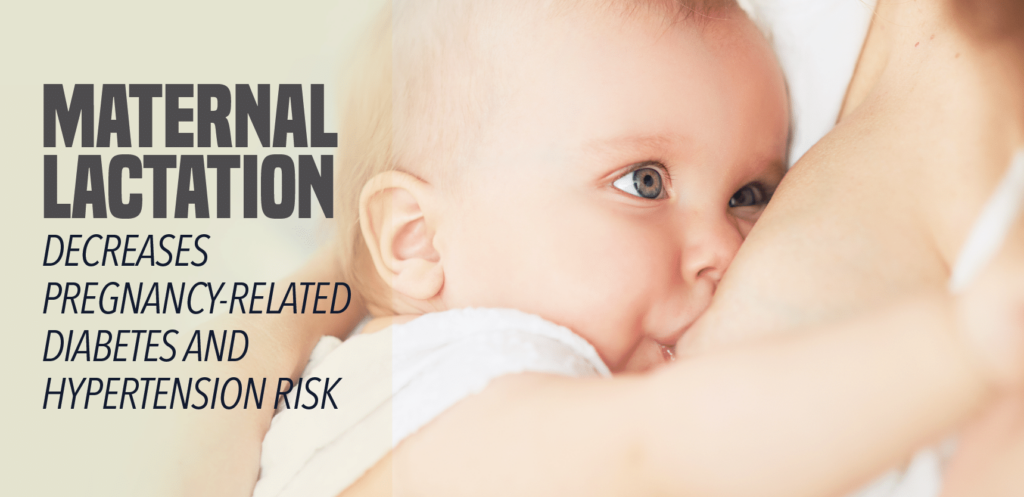Introducing bedtime routines very early in life can improve sleep habits in the toddler years, according to a new study.
Almost 500 new mothers were first surveyed when their infants were 3 months old. They were questioned again when the children were 12 months, 18 months and 24 months.
The mothers were asked about their child’s sleep habits, including bedtime and wake time, how long it took to fall asleep and the number of times they woke up during the night.
The mothers also provided information on bedtime-related activities with their child, such as bathing and brushing their teeth, putting on their pajamas, reading or listening to stories and saying goodnight to family members.
A higher number of bedtime-related activities at age 3 months was associated with longer sleep duration at 12 months. Likewise, more bedtime-related activities at 12 months was associated with longer sleep and fewer sleep problems at ages 18 months and 24 months.
“Although bedtime routines have been associated with better sleep outcomes for older children and adults, our study is one of the first to look at their effects on children during the first two years of life,” said lead author Barbara Fiese. She’s a professor emerita of human development and family studies at the University of Illinois Urbana-Champaign.
“These findings suggest that as early as 3 months of age it is important to establish simple bedtime routines such as book reading and a regular bedtime to promote good sleep habits at age 2,” Fiese said in a university news release.
The study found wide variations in children’s bedtimes, ranging from about 6 p.m. to about midnight. On average, children went to bed at about 9:30 p.m. at 3 months of age and closer to 9 p.m. at 24 months.
Sleep problems rose from about 5% at age 3 months to nearly 11% at age 24 months, Fiese said.
Nighttime wakings fell from more than 43% of the infants at age 3 months to just over 15% at age 24 months.
And girls were more likely than boys to have sleep problems at 12 months. They also had more nighttime waking at 24 months, according to the study. The findings are published in the journal Sleep.















